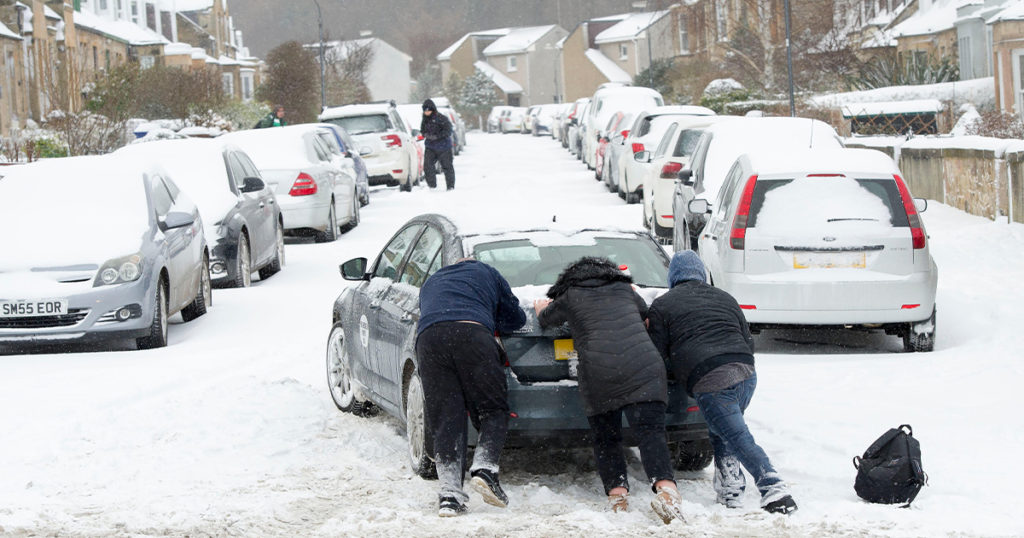
Kindness is kinship, and like humor is expansive. An arm over the shoulder, a voice in one’s ear. Overlapping sensibilities make us feel good and can correct for misperceptions. Empathy then seeps into our calculation. We feel better, as though we may have banked some credit, some wiggle room for the future. Wealth of a sort. Bigheartedness wins over pettiness. Heartburn declines. But kindness can be fleeting, whereas compassion implies a deeper level of understanding, befitting commitment. We wish to be kind. Like generosity, kindness recalls the Golden Rule. One hand washes another, so nobody loses. And from kindergarten on, we were taught to be nice—a squishier word, less forthright than kind. To be kind involves paying attention, thinking ahead, maybe toward needs the other person hasn’t recognized herself.
Kindness is more than politesse. It’s limber and versatile, imaginative, because the other person may not be just like you, but want something different. And yet time-told universals are involved, such as our love for children. Opportunities to open one’s heart are everywhere. Take an old person by the elbow. Or noticing somebody who is gazing about vacantly, chewing on his lip, you could smile, point upward, and say, “God gave us a good one today, didn’t he?”
Most selfishness is based upon a fear that if we give something away, we’ll never get it back. But selfish interests can be shared. We’re all blood relatives, veldtmates, after all, and there is safety in numbers, and comfort besides. But generosity can metastasize. Infectiously we grin. Like yawning, a smile is difficult to resist, though staying well-adjusted is a balancing act. Toe the line until what goes around comes around, and someone may give you a break. I’ve never seen a generous soul regret that trait. It’s so fertile it reseeds itself.
It’s a wellspring. Strangers nodding toward each other ease up a bit. And go easy on yourself, we tell a distraught friend, but then remind ourselves we must be patient, preferring cheerful company. Depression could drag us down; we want lubrication. Indeed, nice guys don’t finish last, but usually in the middle. We want a decent world, so long as we float near the top. Grow an extra limb to give you a leg up. Put smile lines on your face. The possible looms near. Happy-go-lucky was a watchword phrase in my youth. We do make our own luck, and watch it multiply. And if you tell a woman that her blind date is kind, her posture will relax. Almost everybody wants to be thought kind, if only as a strategy. Then add an edge for profit margin, and a veneer of sympathy. We should feel quite as one.
Kindness is as kindness does, multifingered, or recalling other days. But time is money. “If you’ve got the money, I’ve got the time” has been operative since Jezebel. Time being its own currency, you’ll want a fistful at week’s end. Even coition has a cost; that’s partly how we measure civilization. If not in pomp and gelt, then leisurely abundance. Yet time winds round our legs like a vine, foiling us. Money talks and time is money. Our necks grow wattles as we wait for our ship to come in.
The milk of human kindness is another lovely phrase from my youth, though no longer current. Kindness was a salient virtue, like “touching base,” back when baseball was the people’s sport. It was a bellwether, a gold standard in casual use. Folks would stop on the highway to help you change a tire. But empathy diminishes as people communicate so much electronically. Real face time is sparse. I used to touch the other person’s cheek if I saw that she was crying. And generosity was a two-way street. It was there if you chanced to see it, like that white strip of foam on the lip of each wave at the beach. As a stutterer for many decades, I’ve experienced a ton of it. Few people will laugh at a stutter, but they are often confused by the paroxysms, not recognizing what the condition is. If they have laughed politely, thinking I was chuckling, they may be horrified to realize they appear to have made fun of a handicap. So you need to assure them it’s all right, or they’ll beat a retreat. Then their relief may draw them closer.
Kindness spreads like maple syrup, and like foreplay is its own reward. It’s ecumenical, and as a poultice can be applied anywhere. It’s centrifugal. People smile when they see it and move a little in that direction themselves. It radiates intuition and empathy, negating our more accustomed attitudes of indifference. It lends some leeway for our hunches to take hold. It’s an umbrella term for pausing a moment to sense any wider vibes as we sidle toward another’s orbit. It broadens life, drawing upon artesian empathies, crossing class and gender. Be kind, we tell a child stroking a cat, then in the playground, if another child is crying. The kindness of strangers, a legendary alchemy, may work wonders. Though wobbly, a balm for half an hour. Good feelings do often ripple out, lapping over promiscuously. Kindness is as full of color as a sunrise, and we can bask in its beneficence.

